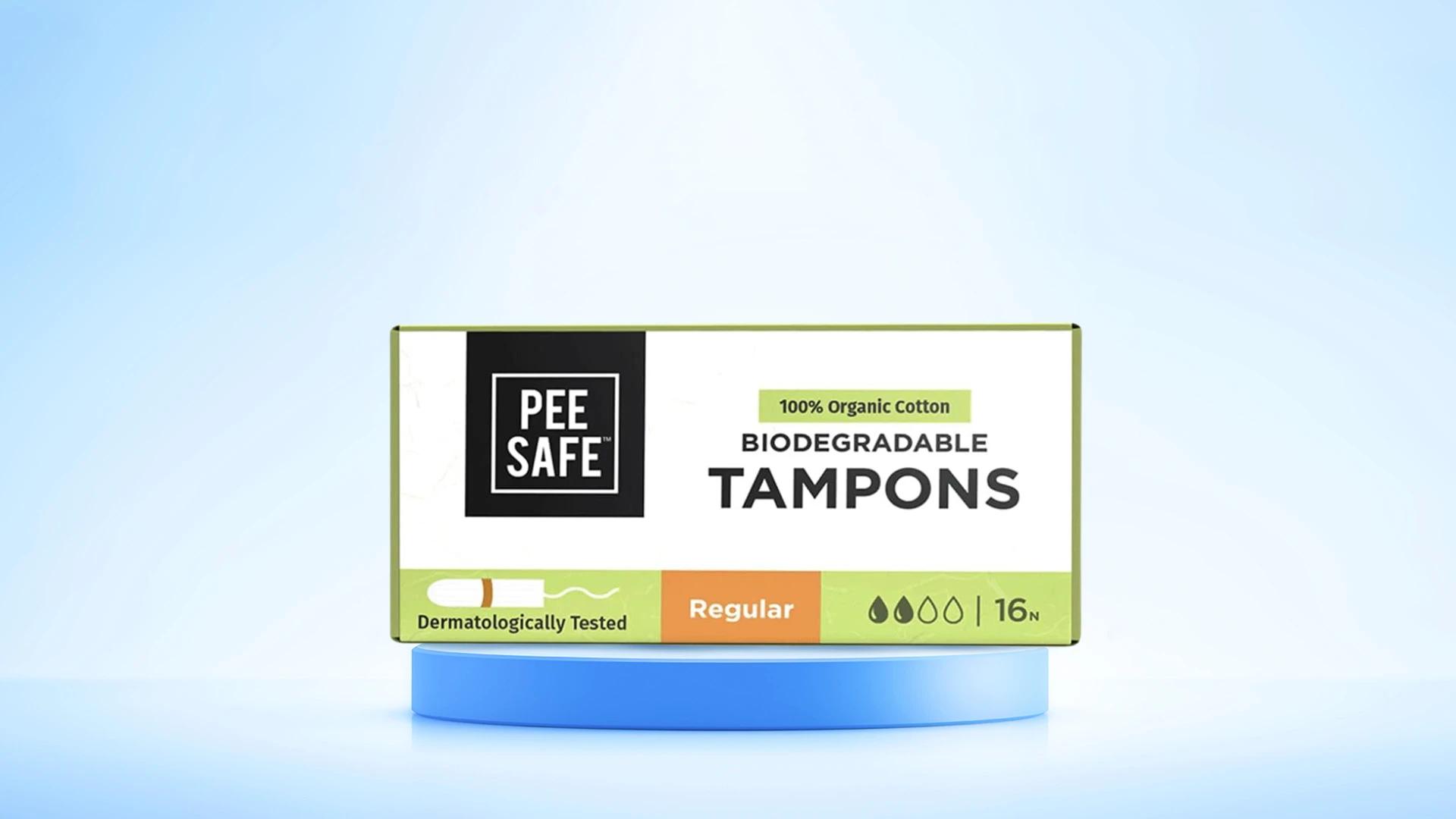Ever wondered why your mate feels amazing after that morning yoghurt while you're still dealing with bloating? The answer might be hiding in your gut microbiome—trillions of tiny bacteria that basically run the show in your digestive system. Gut microbiome testing is changing how we understand our bodies, offering personalised insights that go way beyond what traditional health checks can reveal. It's like getting a detailed map of your internal ecosystem, showing exactly which bacteria are thriving and which ones need a bit of support.
Understanding the Gut Microbiome
Your gut is home to an incredibly complex community of microorganisms that influence everything from your mood to your metabolism. This bustling ecosystem contains bacteria, viruses, fungi, and other microbes that work together to keep you healthy. Think of it as your body's internal garden—when it's balanced, everything flourishes.
The Gut-Brain Connection
Real talk: your gut literally talks to your brain through something called the vagus nerve. This two-way communication system means that an unhappy gut can lead to mood swings, brain fog, and even anxiety. When your gut flora is out of balance, it can send stress signals straight to your head.
Impact on Overall Health
Your gut microbiome influences far more than just digestion. It plays a crucial role in your immune system, helps regulate your metabolism, and even affects your skin health. Poor microbial balance has been linked to everything from digestive issues to autoimmune conditions and mental health challenges.
The Science Behind Gut Microbiome Testing
Modern microbiome analysis uses cutting-edge DNA sequencing technology to identify and quantify the microorganisms living in your digestive tract. These tests analyse the genetic material from your gut bacteria, providing a detailed snapshot of your internal ecosystem. The technology has become incredibly sophisticated, allowing researchers to identify thousands of different bacterial species.
Types of Gut Microbiome Tests
Stool sample testing remains the gold standard for gut microbiome analysis. Some tests use 16S rRNA sequencing, which identifies bacterial families, while others employ whole genome shotgun sequencing for more detailed insights. At-home collection kits have made this process surprisingly simple and convenient.
What Does a Microbiome Test Measure?


 15 Gummies
15 Gummies